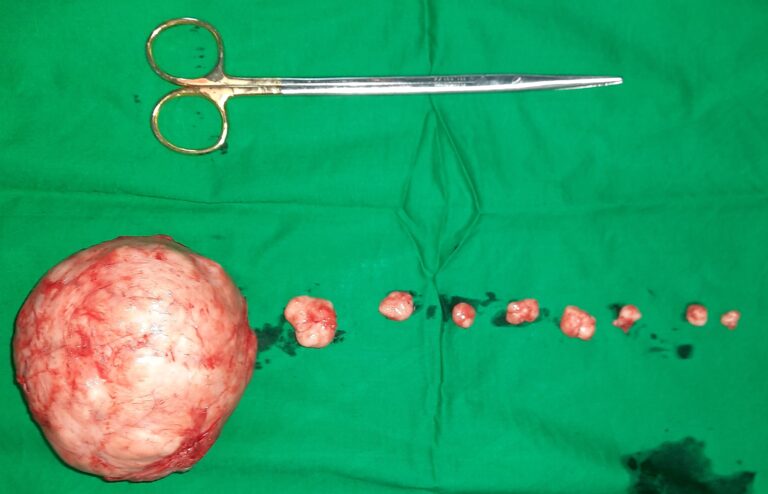When To Seek Immediate Care for an Illness

Deciding when to seek immediate medical attention for an illness can be challenging. Recognizing warning signs that require urgent medical attention is key to preventing serious complications. Here is some information to help you identify when symptoms need immediate care and explore your healthcare options.
Recognizing Emergency Warning Signs
Certain symptoms require immediate care and medical attention because they may indicate life-threatening conditions. These emergency warning signs include severe chest pain, difficulty breathing, sudden onset of severe headache, signs of stroke such as facial drooping or speech problems, and loss of consciousness.
Severe abdominal pain, especially with fever or vomiting, high fever with a stiff neck, severe allergic reactions, uncontrolled bleeding, and signs of severe dehydration are all urgent symptoms that require immediate emergency care. Poisoning, severe burns, major injuries, and sudden changes in mental status are also considered medical emergencies. If you experience any of these symptoms, do not wait for an appointment. When in doubt, it’s always safer to seek professional medical evaluation.
Understanding Different Levels of Care
Healthcare systems typically offer several levels of care to address different medical needs. Emergency departments are designed for life-threatening conditions and severe injuries that require immediate attention. These facilities are equipped to handle critical situations but may involve longer wait times for non-emergency cases.
Urgent care centers provide immediate care for conditions that need prompt attention but are not life-threatening. These facilities can treat conditions such as minor injuries, infections, moderate pain, and symptoms of illness that have worsened or persisted. Urgent care centers often have shorter wait times than emergency departments and are more cost-effective for non-emergency situations.
Your primary care provider offers another option for medical concerns. Many healthcare practices have same-day appointment availability or nurse hotlines that can help you determine the appropriate level of care for your symptoms. Telemedicine options have also expanded access to healthcare guidance and can help you assess whether immediate care is necessary.
Making the Decision About Immediate Care
Deciding whether to seek immediate medical care depends on several factors. The severity and sudden onset of symptoms are key considerations. Symptoms that appear suddenly, worsen rapidly, or are more severe than anything you’ve experienced before often require prompt attention. It’s always better to err on the side of caution when symptoms are alarming or unexpected.
Your overall health and medical history also play a significant role. People with chronic conditions like heart disease, diabetes, or weakened immune systems may need to act more quickly than those who are otherwise healthy. Age is another factor, as very young children and older adults often need medical evaluation sooner due to heightened vulnerability. Understanding your unique health context can help guide your decision.
Lastly, rely on your instincts about your body and symptoms. If something seems seriously wrong or unusual, it’s always a good idea to seek medical attention. Pay attention to how your symptoms progress. If they worsen despite home care or significantly disrupt your daily life, a professional evaluation may be necessary. Healthcare providers can assess your condition and determine the right course of action.
Prioritize Your Health
If you’re experiencing a medical emergency, call emergency services immediately. For less urgent issues, contact your healthcare provider for guidance or to schedule a same-day appointment. Prepare for your visit by noting your symptoms, their severity, any triggers, current medications, and your medical history, which will help providers assess your condition effectively. Understanding warning signs enables you to make informed decisions and seek the necessary care when needed.
- What to Expect When Visiting a Foot and Ankle Specialist
- Causes of PTSD
- The Link Between Plantar Fasciitis and Weight Gain: What You Need to Know
- How Pet Ownership Can Positively Impact Life with Fibromyalgia
- The Importance of Stretching and Flexibility in Sports Medicine
Dr. Emma Green is a health and wellness expert with over 10 years of experience in nutrition and fitness. Passionate about helping others live their healthiest lives, Dr. Green shares practical advice on wellness, nutrition, and sustainable living through LivingSpristine.






